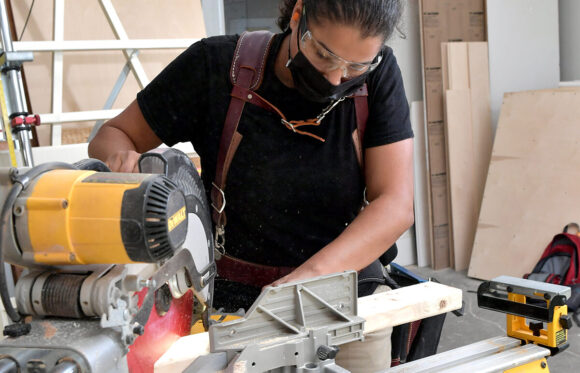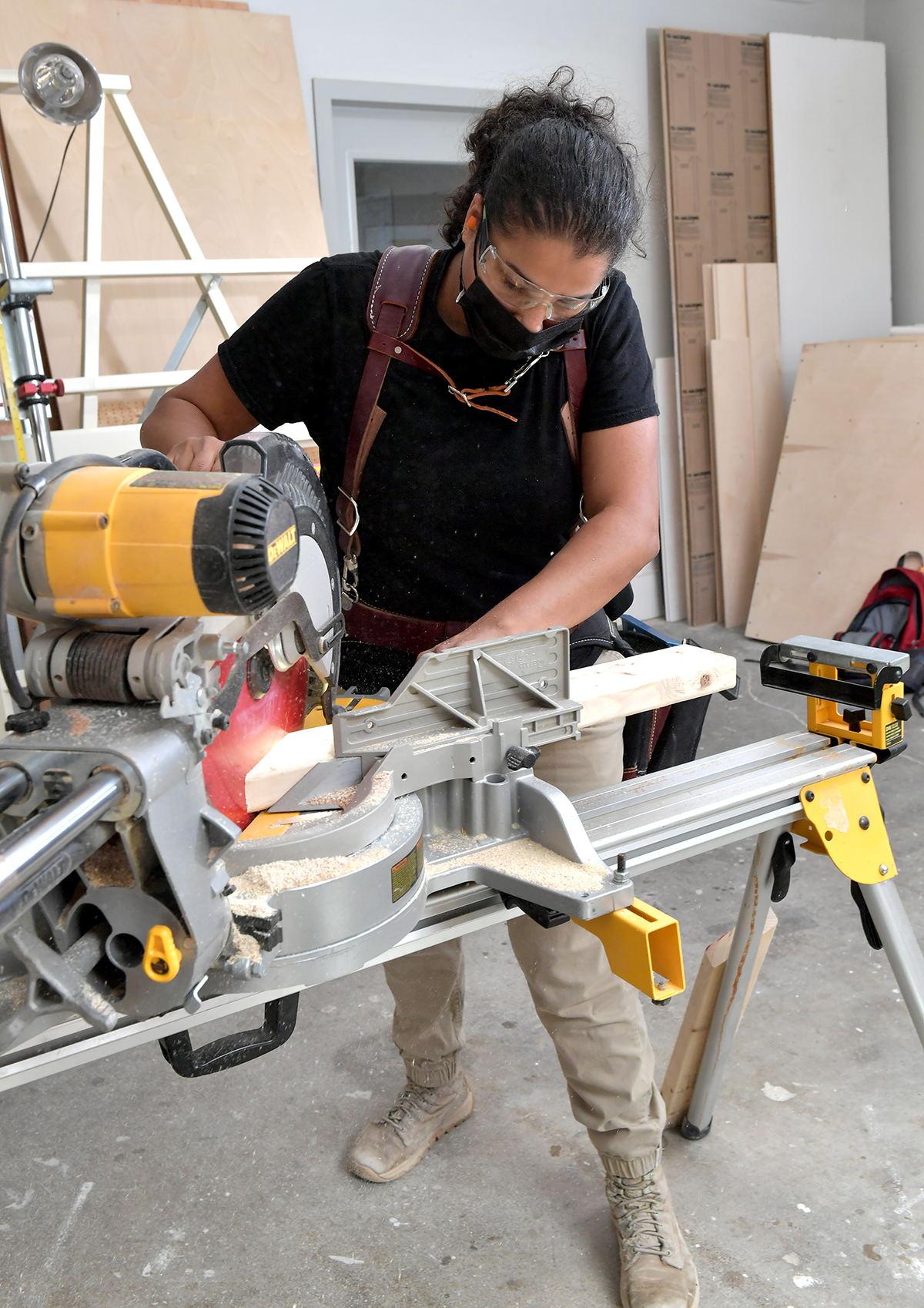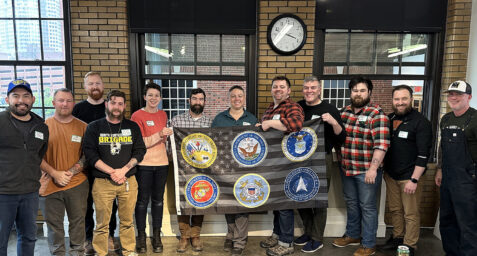Finding a Job After the Military

Categories
Veterans
A disproportionate number (of veterans) will accept jobs that do not align with their skills and abilities. Adding to the problem, far too many employers fail to recognize the maturity, professional development, and leadership qualities a veteran can bring to their organization.
– Military.com

It goes fast, doesn’t it? Whether you’ve served four, ten, or twenty-plus years, you can still remember that first day in training like it was just yesterday. Now, you may be looking at the end of your time in the military and contemplating the transition to civilian life.
If you are not sure what that looks like, you’re in good company. According to a recent Pew Research Center survey, only one in four veterans actually had a job lined up before separating from the service, whereas 70% planned to look for a job afterwards.
The truth is that searching for a job isn’t easy. Finding that employer who gets what you are bringing to the table and knows how to best use your skills and abilities can be tough. Many veterans simply aren’t prepared for the uncertainty and stress that come with not knowing what they will do next. The lack of structure and the built-in mission focus they enjoyed in uniform is quite different from life as a job seeker. And, unlike being told what you will do, deciding what is best for you isn’t always clear.
As envious as you may be of your buddy who has something all lined up, taking a little time to assess what you want (rather than who will hire you) could be key to a more fulfilling second chapter. According to military.com, “A disproportionate number (of veterans) will accept jobs that do not align with their skills and abilities. Adding to the problem, far too many employers fail to recognize the maturity, professional development, and leadership qualities a veteran can bring to their organization.”
Before you take the leap, here are some things to consider:
Before you start sending out your resume, take some time to define your ideal job. Just because there are nearly endless possibilities doesn’t mean you should pursue them all. GI Jobs advises “…for many veterans, thinking about what they could do is an easy way to avoid the hard work of figuring out what they want to do.” You’ll find it time well spent especially as most job searches take a few months to get results. Identify your skill sets and think about what you enjoy doing. If you have a hobby you love, include that in your assessment.
Identify your ideal work environment. Do you have dreams of corporate life, or perhaps working for a small company? Many veterans find they’re uniquely qualified for self-employment. The high degree of responsibility, mission focus, and “get it done” attitude all translate well to being an entrepreneur.
Learn more and network. The Department of Defense offers transition support through their TAP program, including specialized two-day workshops focusing on areas such as employment search, vocational, education, and entrepreneurship. Exploring your own and your friends’ networks can also be helpful in connecting with individuals already in the career fields you may be interested in. Schools, especially those that are vocationally-focused like NBSS, can also be a good resource.
Use your educational benefits. Assess any VA education and training benefits you might be eligible for. Identify any skill gaps or additional training you might wish to get. Is it time to finish your degree or find a great trade school to attend if you’re considering something like carpentry or another skilled trade? Certification programs for these occupations can often be completed in a much shorter time than four-year degrees. Look for schools that offer dedicated support for veteran students.
Finding a job after the military isn’t easy, but it can lead to an extremely rewarding next chapter. Whatever career path you ultimately decide to take, know that you are bringing valuable experience and an enviable skillset to your future employer or business. We should know. We’ve been working with veterans since 1920, and about one in five of our students today come to us from the military. To learn more about our programs and how you can use your VA benefits, as well as our NBSS Yellow Ribbon program, simply start here.


